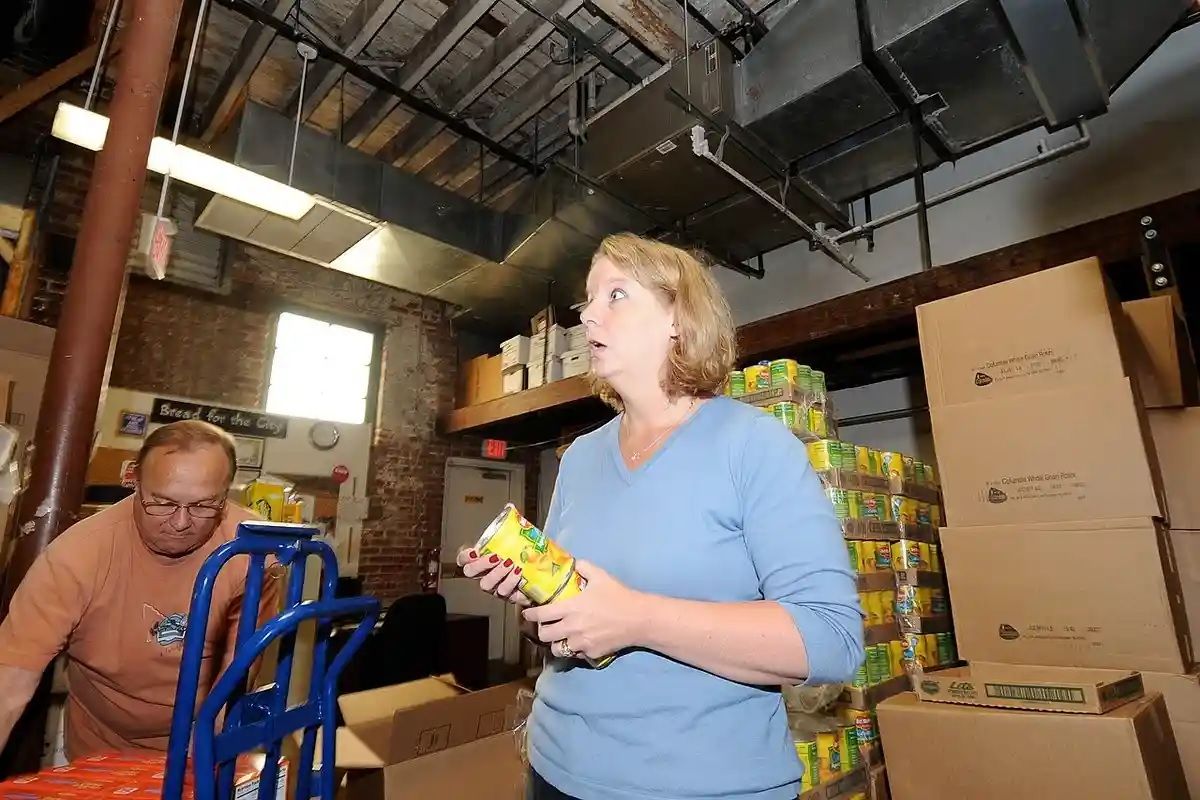Food banks in Germany are considered a relatively new aspect of German society, with the first one established in Berlin in 1993. Today, more people than ever rely on their charitable efforts to meet their needs.
Related topic: Discounters reduce donations for food banks
Anyone who wants to become a volunteer and donate food can contact a food bank. All the food will be given to those in need.
Food banks in Germany: features
Currently, there are around 970 food banks in Germany, with the majority located in the most densely populated regions of the country. In North Rhine-Westphalia and Bavaria, there are 173 food banks each, managed by the organization Tafel.
About 2 million people in 2022 used food banks in Germany because they were unable to afford essential items. This is just a small portion of the 13 million people living below the poverty line.
Moreover, in 60 % of food banks across the country, the number of users increased by 50 % in 2022 compared to 2021. In Germany, a diverse range of people utilize these banks, including those:
- Who have lost their jobs;
- Earn a low income;
- Are unable to work due to health conditions.
According to Tafel, one-third of the recipients are young people or children.
To receive food from the food bank, which is sometimes distributed for free or at a small cost (for example, €1.50 for a large box of food), it is necessary to prove the need. This can be done by confirming that you receive Bürgergeld or similar benefits.
Despite the increased demand for food banks in Germany, the volume of donations has decreased. This is not only because purchasing basic food items is becoming increasingly unaffordable for everyone. In recent years, the model of collecting surplus food from supermarkets has become more complicated.
As supermarkets discard fewer (though still many) unsold food items, Tafel organizations cannot collect as much food for free. This means that organizations have to spend money more often on food to sell it at a lower price or distribute it for free.
People who would like to donate food to Tafel are recommended: to buy bakery products, fruits and vegetables, as well as chilled and frozen products. Donations such as toiletries, books, and children's toys are also welcome.
Related topics:
- Despite the reduced donations from discounters, it's essential for individuals who can to continue donating bakery products, fruits and vegetables, chilled and frozen products, and even non-food items like toiletries, books, and children's toys to food banks like Tafel.
- The discounter stores' reduction in donations has made it more challenging for food banks to meet the increasing demand, as they now frequently need to purchase food to distribute or sell at lower prices.




